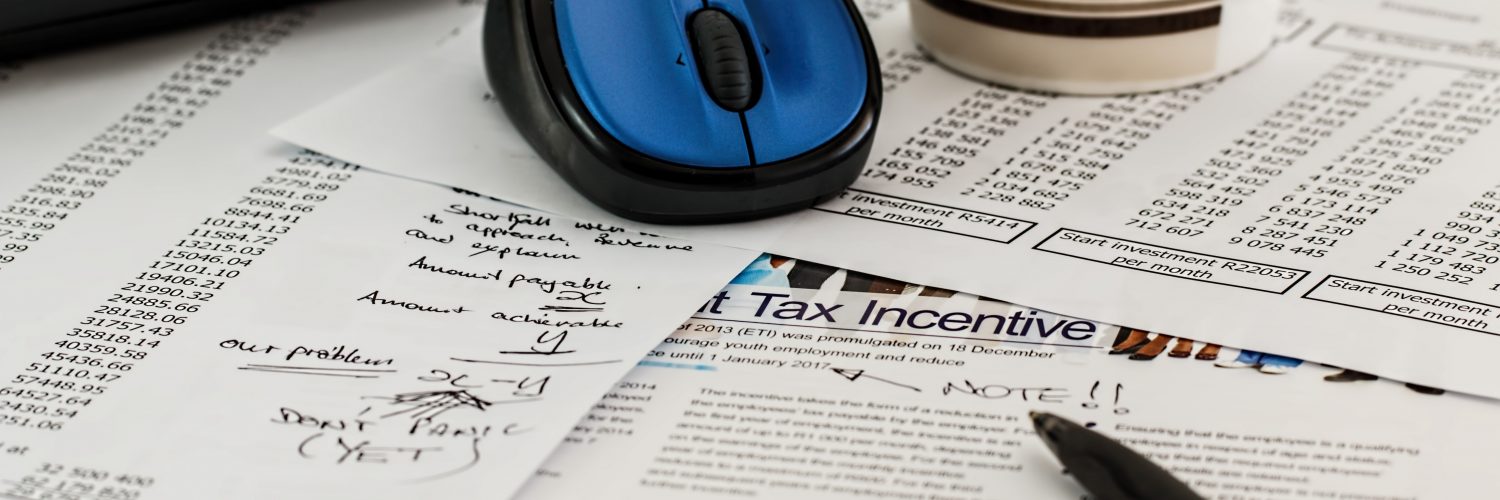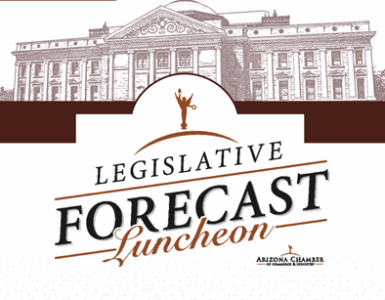In a glimmer of hope for American businesses, President Joe Biden’s administration appears to be steering away from hardline Democrats who want to impose the highest corporate income tax in the industrial world — 28 percent.

Now, White House officials said that Biden is willing to bend on his tax proposal to gain GOP support for a substantial infrastructure bill.
“He is personally leaning in, willing to compromise, spending time with senators — Democrat and Republican — to find out what is the art of the possible,” Commerce Secretary Gina Raimondo told CNN. “The only thing he won’t accept is inaction. It has to be big and bold, $1 trillion or more.”
Bipartisan groups in both houses also indicated Wednesday that they are working to find alternatives to tax increases to pay for the package.

That doesn’t mean the threat of a harmful tax increase is going away anytime soon, said Erik Paulsen, a former U.S. congressman who now is a consultant with political consulting firm Total Spectrum, which is headquartered in Washington, D.C. and has offices in Arizona.
“It’s good that the new administration is floating new ideas as alternatives rather than just a straight increase to 28 percent, which is what many Democrats in the House and Senate would still like to see,” said Paulsen, a former leading member of the chief tax writing House Ways and Means Committee. “It’s important to really view these proposals with a lot of caution because the devil is in the details. There’s lots of fine print.”
Compromise possible?
Biden is backing off of his original request for $2.2 trillion for the infrastructure package, which would be financed by relying heavily on tax increases on corporations and the wealthy. The current corporate income tax rate is 21 percent.
With little support from the GOP, Biden is now calling for at least $1 trillion for the package.
“If anything, it’s pretty safe to assume that Democrats want a rate increase,” Paulsen said. “And they want it badly. Some say 28 percent. Some are saying 25 percent is an acceptable level.”
Congress needs to act with care in considering changes to the current tax code, which came out of the Tax Cuts and Jobs Act of 2017 and has fueled jobs, innovation and tax revenues in Arizona, he said.
“There is the potential that you would be giving up some very real economic incentives that are in the tax code right now and those could go away. These are incentives like research and development or clean energy for instance.”
Bipartisan groups in both houses seeking to avoid tax hikes
After negotiations with Republicans failed this week, bipartisan groups in both houses are working to find consensus on an infrastructure package.
On Wednesday, a member of the Senate group, which includes Arizona Sen. Kyrsten Sinema (D), told The Hill that it is taking tax hikes off the table as they try to reach consensus on how to pay for the plan after White House negotiations with GOP leaders failed.
“That’s my understanding. I think there’s ways to do that; hopefully it won’t be smoke and mirrors. Bottom line, this is probably the hardest part from my perspective, is how you get it paid for,” Sen. Jon Tester, D-Mont., said.
The group is expected to produce a $900-billion plan.
Meanwhile, in the House on Wednesday, the bipartisan House Problem Solvers Caucus released a $1.25 trillion infrastructure plan. It also indicated it is avoiding tax increases right now as they enter into discussions about how to pay for it. Among the proposals being set forth are increased tax enforcement, reducing inheritance tax breaks for the wealthy, and using unspent Covid-19 relief funds.
Increase would punish more than 1 million small businesses
Pro-business groups, trade associations and chambers of commerce including the Arizona Chamber of Commerce & Industry are calling on Capitol Hill to tread lightly when it comes to raising taxes on companies right now, particularly small businesses.

About 1.4 million small businesses that are organized as C-Corporations will pay the higher rate, according to an analysis by Curtis Dubay, senior economist for the U.S Chamber, the world’s largest business organization.
“There is a false assumption that only big businesses will pay a higher rate. In fact, over a million small businesses— ‘Mom-and-Pop’ retailers, small manufacturers, and professional services firms that often suffered the worst during the pandemic—would also see their tax bills increase significantly,” Dubay said.
These small businesses employ almost 13 million American workers across various sectors. Most are small businesses and many are very small: over 84 percent have fewer than 20 employees.
“Hardest hit would be the sort of skilled jobs that politicians love to praise, but often in practice, do too little to support,” Dubay said.
They include manufacturing small business C-Corps which employ the most workers, about 1.8 million; professional, scientific, and technical services are next with 1.3 million employees, followed by retail with about 1.2 million workers.
Report shows more than half of small businesses need time to recover
Many of these small businesses are just now beginning to return to normalcy, surveys show. According to the latest MetLife & U.S. Chamber of Commerce Small Business Index, 59 percent of small businesses believe it will take more than six months to return to normal.
That should be reason enough to hold off on a punishing tax hike right now, Paulsen said.
“We’re coming out of a significant economic crisis coming out of the pandemic and we don’t want to see that stall out —and it is stalling out right now. Unfortunately, despite the rebound, it’s not coming back out as robustly as it should be.”
















Add comment